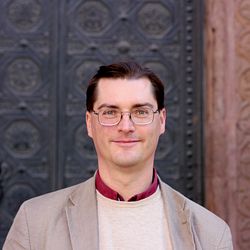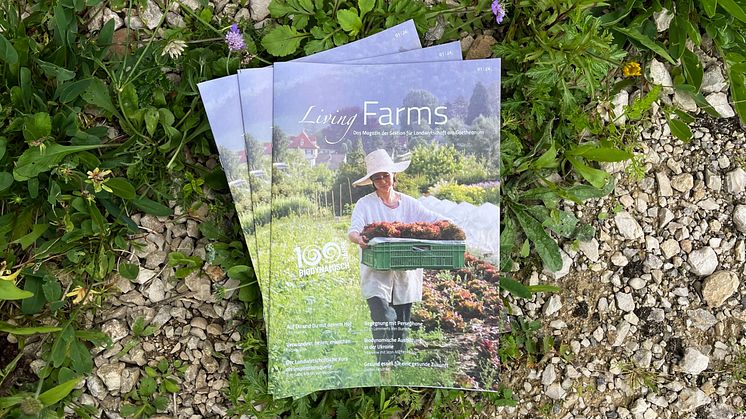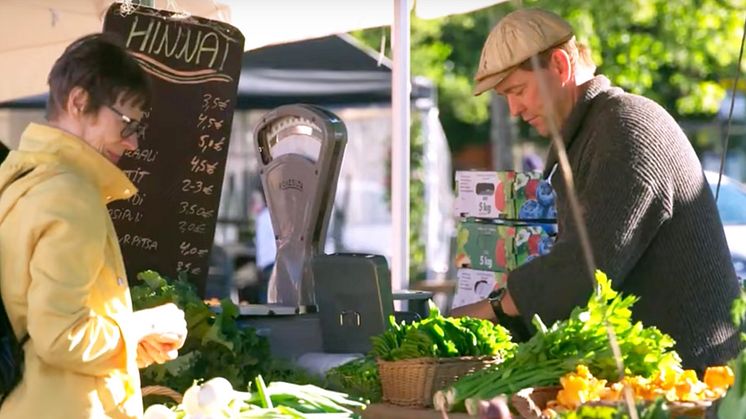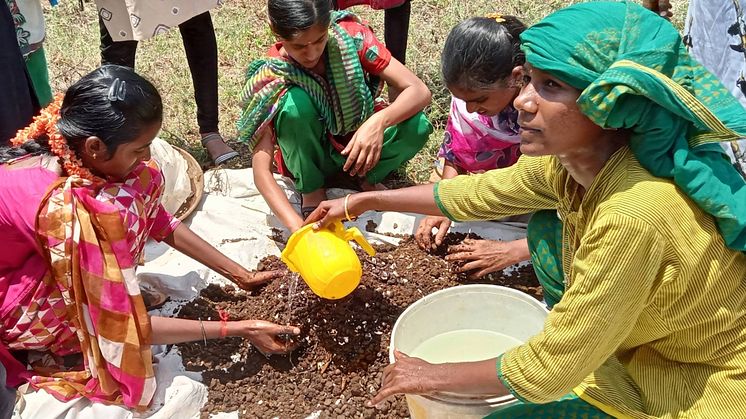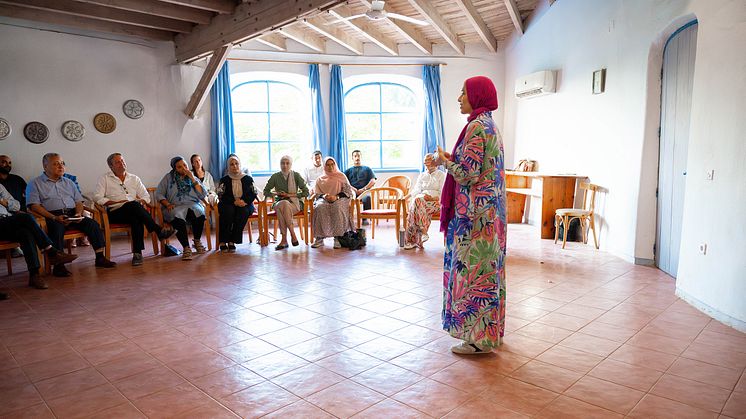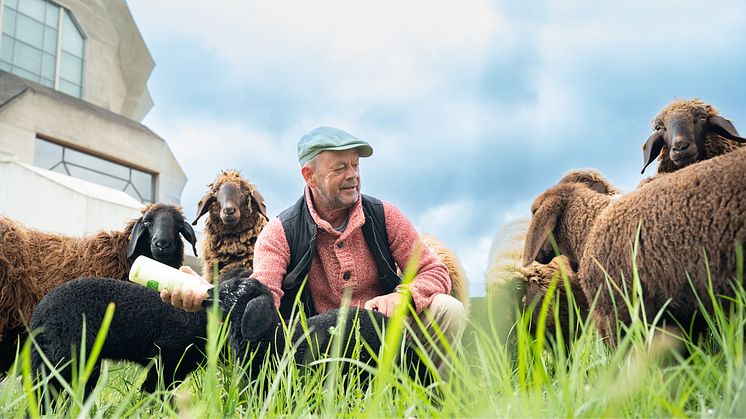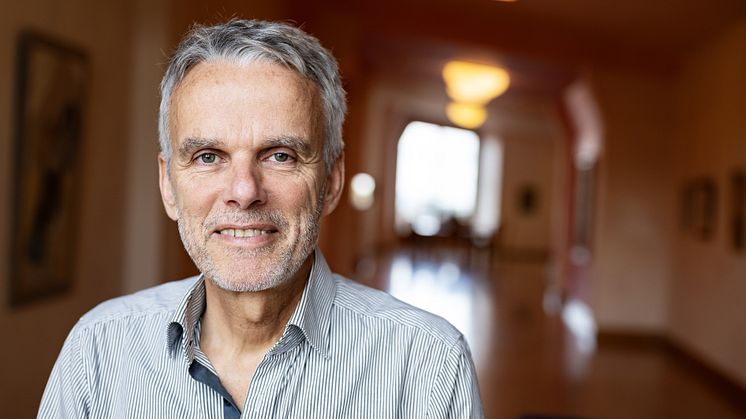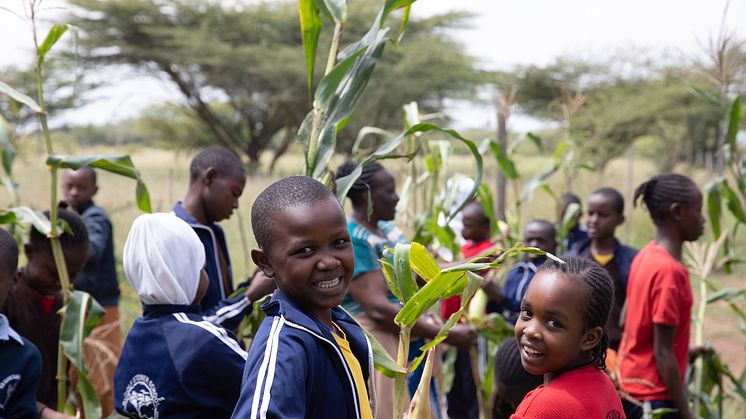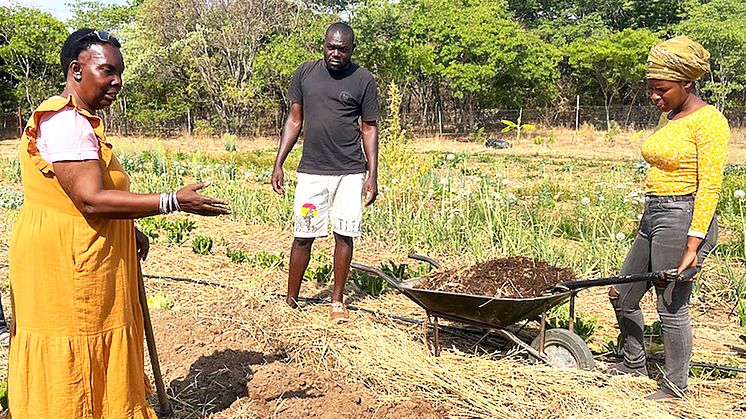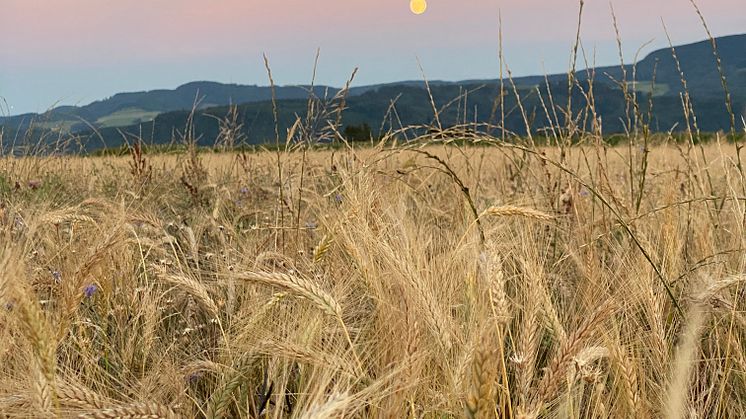
Press release -
Agriculture as cultural impulse >>> 100 Years biodynamic agriculture – overview and introduction
Goetheanum, Dornach, Switzerland, 4 March 2024
Agriculture nurtures human beings fosters the earth and creates culture. Rudi Bind and Ueli Hurter explore this theme in their book ‘Biodynamic!’ on the ‘birth of biodynamic farming at the beginning of the ecological movement.’
It all started with questions. Questions growing from the concern about the future of farming. Around the time of the First World War problems such as soil acidification and increased pest infestation became apparent in Europe. Seeds and livestock were threatened by degeneration. Against this background, food security and quality were called into question.
Farmers turned to Rudolf Steiner with concrete questions, hoping to find inspiration from anthroposophy. He responded by focusing on the state of agriculture and fruit growing, fertilization and agricultural chemistry. In addition, he requested natural scientists to carry out experiments. From the start, the efforts made included both practical trials for the improvement of soil quality and the development of quality assurance methods. To this day, biodynamic farms apply strict growing and processing guidelines and undergo annual inspection. These regulations are democratically discussed and agreed by delegates at both national and international levels, taking into account new research results, changes in demand as well as extreme weather and market developments.
The biodynamic approach does not only benefit fields and pastures. The collaboration of producers, processors and sellers in associations and the contact with customers constitute another important foundation for a variety of social projects, such as community-supported agriculture and projects in support of small-scale farmers. Today, many growers of quality wines also apply biodynamic methods.
Rudi Bind and Ueli Hurter use short, theme-based texts to present a differentiated picture of biodynamic agriculture, locating it in the context of the life reform movement and modern ecological approaches. They also mention the short-lived interest of some German Nazis in biodynamics as part of their self-sufficiency policy. Despite this interest the method was banned from 1941 onwards. In addition, the authors provide an outline of Rudolf Steiner‘s basic biodynamic farming concepts.
(2249 Zeichen, 327 words/SJ; English by Margot M. Saar)
Book (German) Rudi Bind und Ueli Hurter: Biodynamisch! Geburtsstunde der biodynamischen Landwirtschaft am Ausgangspunkt der Ökobewegung [Biodynamic! The birth of biodynamic farming at the dawn of the ecological movement], Verlag am Goetheanum 2023
Livre (Français) Rudi Bind et Ueli Hurter : Biodynamique ! Naissance de l‘un des courants fondateurs de l‘agriculture biologique, MABD 2023
English, Italian and Chinese translations of the book will be published in 2024 by Floris Books, Editrice Antroposofica and Cosmos Weaving respectively.
Contact person Anna Storchenegger
Related links
Topics
The Goetheanum is the headquarters for the School of Spiritual Science and the General Anthroposophical Society. The School of Spiritual Science with its eleven sections is active worldwide in research, development, teaching, and the practical implementation of its research findings and is supported by the Anthroposophical Society.

